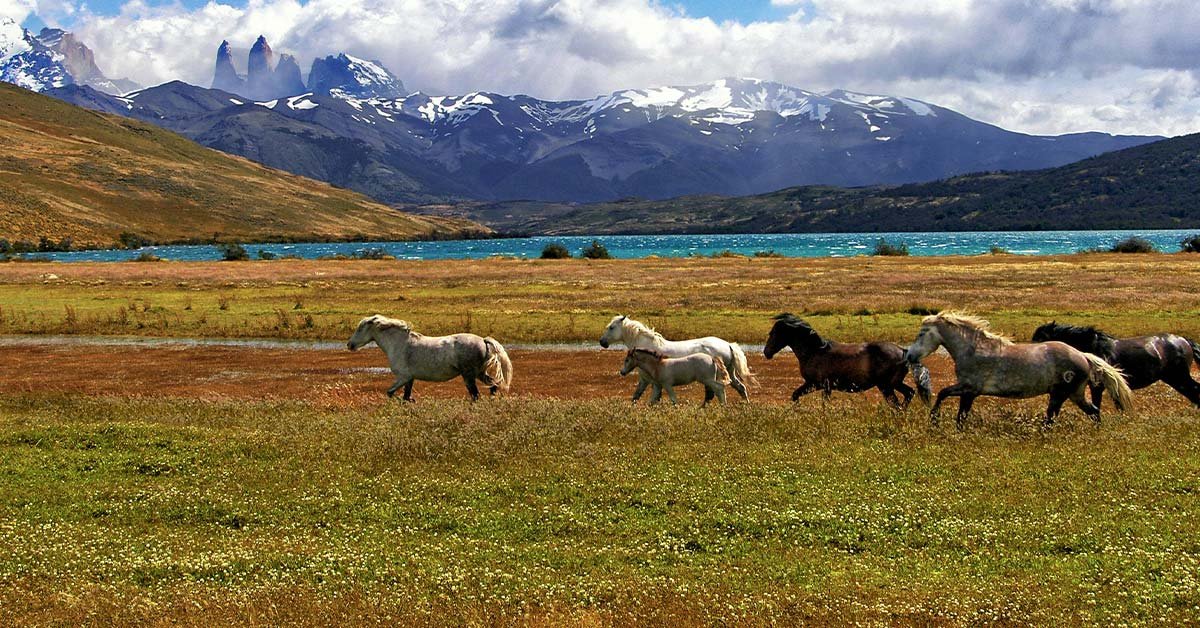Every year, thousands of American horses are caught in a system that few realize that there is still. Although horses slaughterhouses were shut down in the United States in 2007, more than 20,000 horses are exported annually annually to Mexico and Canada, where they can withstand long, punitive journeys before being killed for meat consumed abroad, according to ASPCA.
Horses sent for slaughter are not just the old or sick. Former breed horses, working animals, family buddies and even award -winning competition horses are in this pipeline. Many have been purchased at auctions by “Kill Buyers”, which outweighs legitimate adoptors who are only aiming to make a profit from foreign demand. When a horse enters this system, its fate is sealed.
Horses are not raised for human consumption.
A brutal and dangerous trade
The conditions endured by horses on the way to slaughter are hard. They are often packed in trucks for more than 24 hours at a time without food, water or rest. Transport damage, dehydration and even death before arrival are common. When they reach the slaughterhouse, the killing process is rarely fast or human. Studies have documented that horses that remain conscious during degradation, a gloomy reality for animals that are very sensitive and slightly unhappy with noise and chaos.
The industry also poses risks to human health. Horses in the United States are not raised as food animals and are routinely given medicine, antibiotics and drugs that Food and Drug Administration has banned for consumption. One of the most common drugs, phenylbutazone or bute-can-can cause life-threatening blood disorders in humans if consumed. Race horses often receive this drug before being sold, sometimes just days before entering the slaughter dry. Animal Welfare Institute warns that horse meat mixed in the food chain could expose unsuspecting consumers to toxic remains.
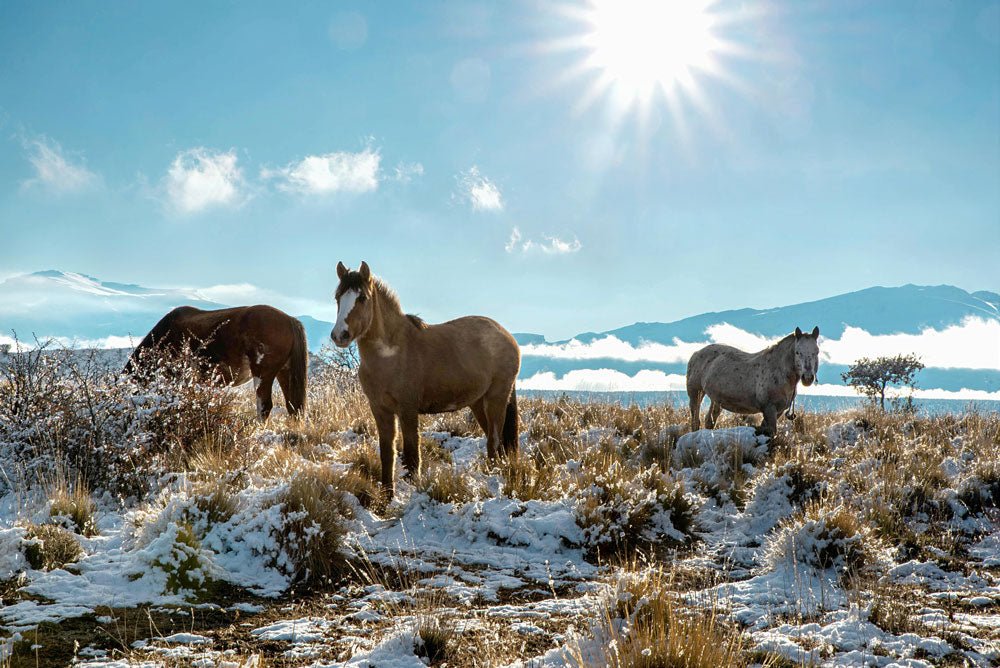
American horses are facing brutal slaughter abroad.
The Safe Act’s promise
Act America’s Forgotten Equines (SAFE) offers a clear solution. This Bipartisan legislation would permanently ban horses slaughter in the United States and ban the export of living horses for slaughter abroad. If it was passed, it would close the logging hole that allows horses to be loaded across borders and killed by the public.
Reinstated in 2025 as HR 1661 in Parliament and S. 775 In the Senate, the Bill is led by legislators across party lines, including representatives Vern Buchanan and Jan Schakowsky, and the Senators Lindsey Graham and Ben Ray Luján. It currently enjoys more than 100 cosponsors. As the animal’s equality reports, the measure is advanced for admission in 2025 the farm bill – a crucial opportunity to bring it into law.
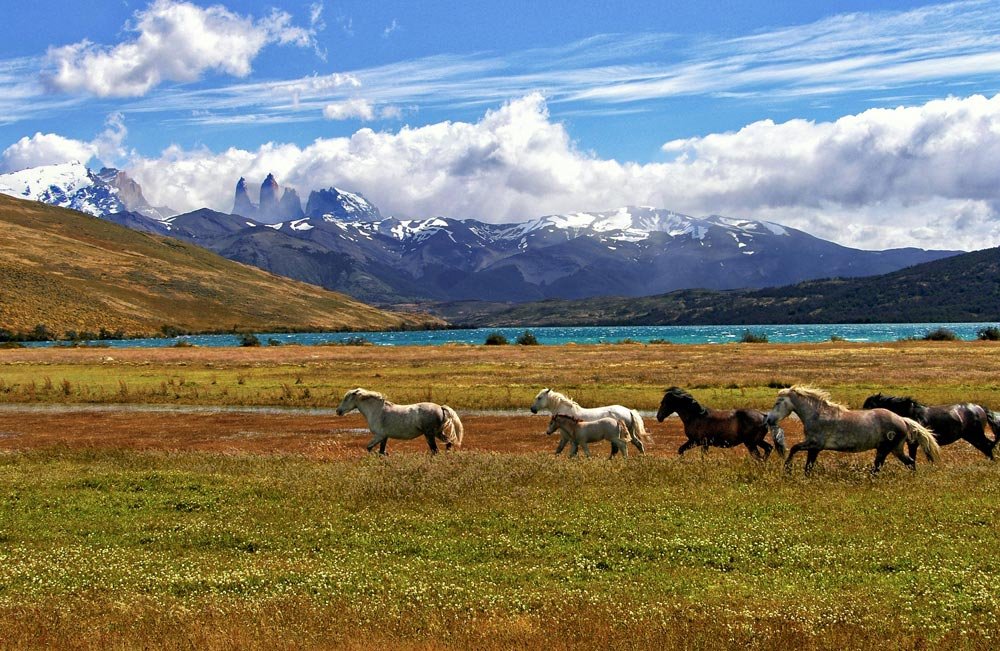
Horse fluid constitutes serious health risks to humans.
Why the ban is necessary
The safe act is more than a moral reaction to cruelty; It is also a public health protection. Without it, the riders continue to enter international markets despite the lack of a system that ensures that the meat is safe. The European Union already limits the import of horse meat from Mexico due to pollution problems and cuts into the claim, which once saw 150,000 American horses sent abroad annually. This number has fallen to approx. 20,000, but the trade continues, as Skydog Ranch & Sanctuary points out.
Opponents of the safe act sometimes claim that slaughter provides a solution for unwanted horses. Nevertheless, studies show that rescues and shrines could absorb the remaining animals if the pipeline closed. Programs that offer hires, cheap euthanasia and rehoming options are already operating nationwide, giving owners human alternatives. By removing slaughter as a practical option, the action would also push the horse industry to reduce irresponsible breeding practices.
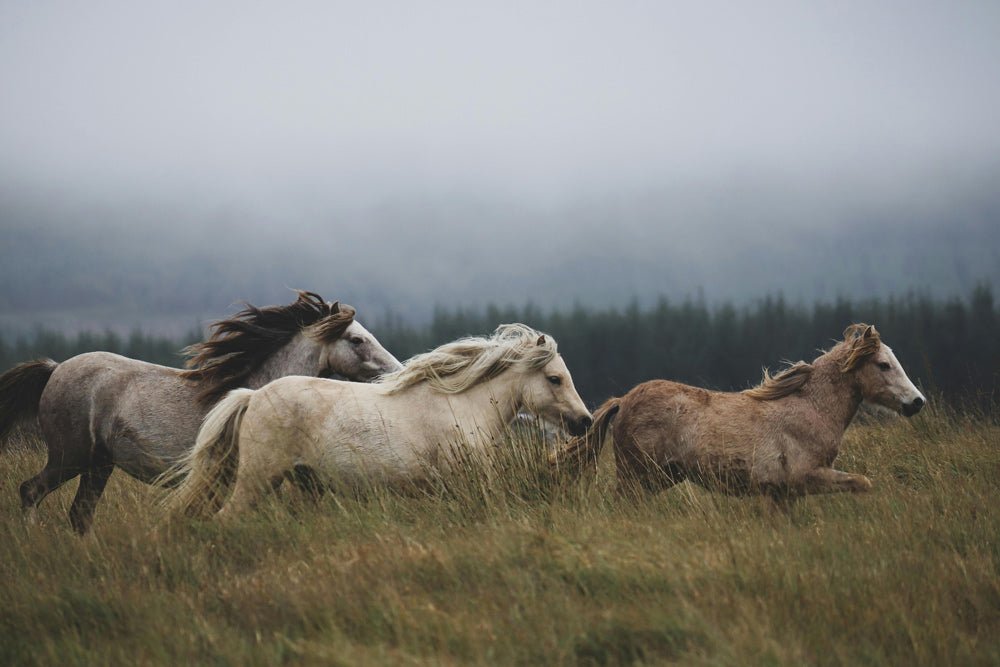
Horse beating is a cruel and inhuman practice.
What is at stake for wild horses
Wild horses and burros face unique dangers when they leave federal protection. According to the current law, when the title is transferred to a new owner, these animals can be sold without restrictions, leaving them vulnerable to slaughter. Passage of the safe action would extend the protection to these animals after adoption or sale. As Wild Horse Education notes, this protection is important to prevent America’s iconic wild herds from becoming funnel to the same brutal system that claims so many domestic horses.
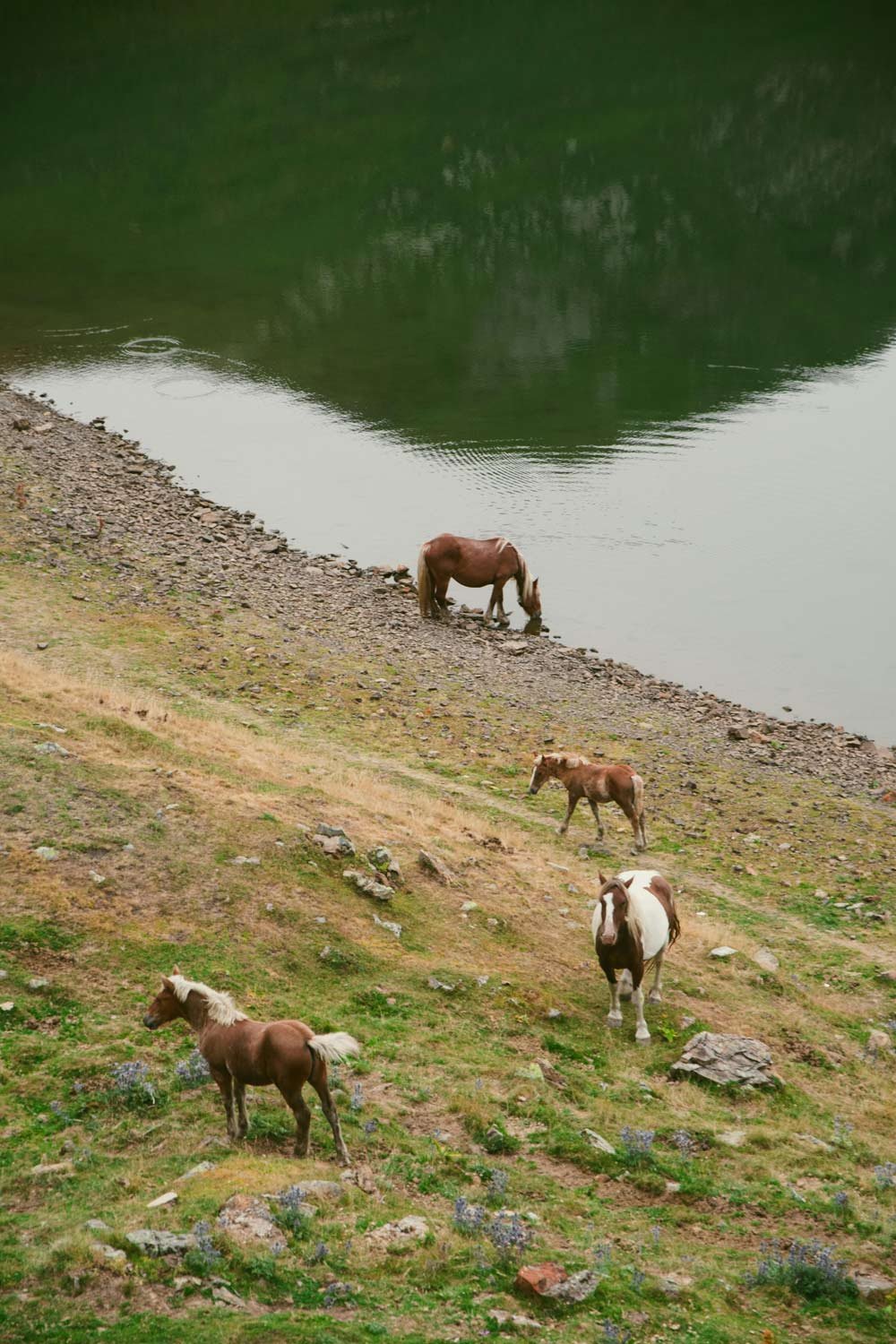
Tens of thousands of horses are sent annually for slaughter.
A call for action
The safe action would end a practice that most Americans are against and close a dangerous loophole in US law. For decades, public opinion has been firmly against horse slaughter. Without federal action, horses remain a bad sale away from a gloomy fate.
Protection of horses means to ensure that they are never sent again to overcrowded trucks, exposed to inhumane deaths or transformed into uncertain meat abroad. Adopting the safe act is not only a legislative step – it is a moral obligation to honor the role that horses have played as companions, workers and symbols of freedom in American life.
Click below to make a difference.
